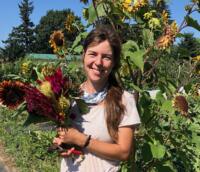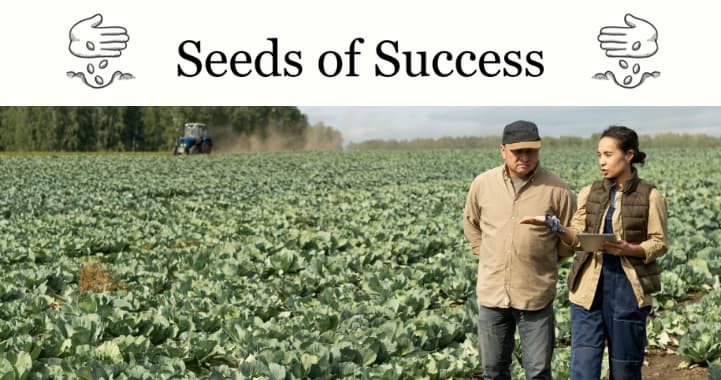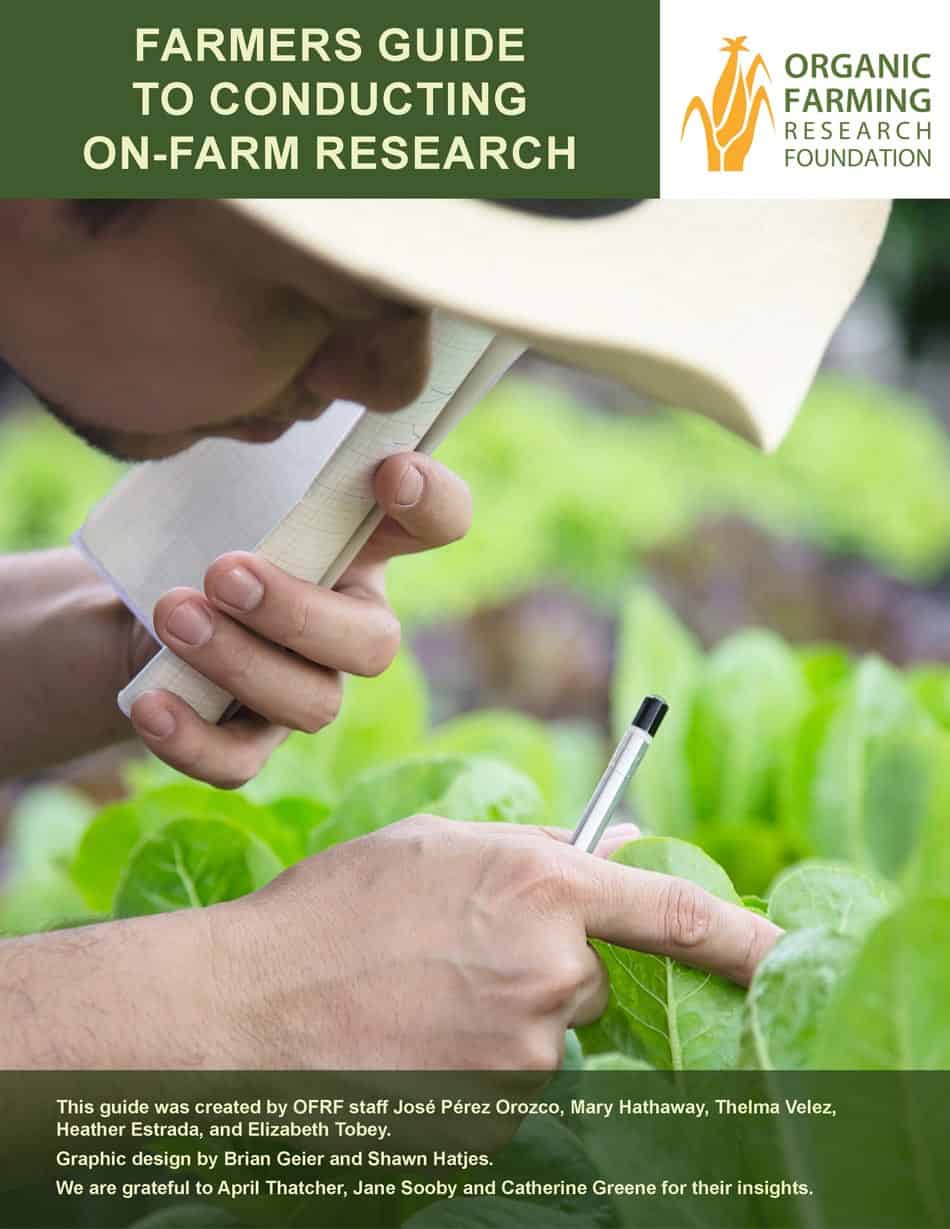Organic Researcher Spotlight: Dr. Amaya Atucha
Federal support is bringing new production systems and researchers to organic agriculture in the upper Midwest
Written by Brian Geier
 Dr. Amaya Atucha is an Associate Professor at the University of Wisconsin-Madison (UW), specializing in crop ecophysiology and production of small fruit and cold climate viticulture. Until recently she had not worked with organic production systems. “One of the reasons why I was not working on organic production,” she explains, “is because of the difficulty of being able to produce organic fruit in climates like the upper midwest.”
Dr. Amaya Atucha is an Associate Professor at the University of Wisconsin-Madison (UW), specializing in crop ecophysiology and production of small fruit and cold climate viticulture. Until recently she had not worked with organic production systems. “One of the reasons why I was not working on organic production,” she explains, “is because of the difficulty of being able to produce organic fruit in climates like the upper midwest.”
While strawberries represent the third largest fruit crop in Wisconsin, and Wisconsin ranks in the top 10 states for organic production in the United States, organic strawberry production is negligible in the region. This is despite what preliminary research shows: that there is an interest among growers in organic strawberry production, there is an excess demand from consumers in the region, and premium prices are being fetched for organic strawberries at local markets.
Dr. Atucha’s current research project, Transitioning to organic day-neutral strawberry production in the upper midwest – A systems approach, funded by USDA/NIFA’s Organic Transitions Program (ORG), has provided opportunities for her to expand her research into organic production and is providing growers with research-based information on the profitability of new production systems for organic strawberries.
“Something that I would share with other researchers like me who were not doing any research on organic production is that if you want to expand on organic production and you might not feel that you are an expert, the ORG is a wonderful opportunity to get your foot into doing organic research. It will allow you to become an expert and become familiar with organic practices, and then to expand into these great production systems that can have fantastic benefits for our stakeholders.” -Dr. Amaya Atucha
To help increase organic production of strawberries, the project is taking a systems approach. The production system currently used in the region is a perennial matted row system that increases weed, insect, and disease pressure over multiple seasons that are challenging to control with organic practices. Her project proposes a shift from a perennial to an annual production system, and is evaluating yields, pest pressure, fruit quality, and profitability of day-neutral strawberries grown on four different mulches.
To keep up to date on this research project, visit UW’s Fruit Program website. See an excerpt from OFRF’s conversation with Dr. Amaya Atucha about the importance of the ORG program for her research and farmers in her region here:
This research is funded by the USDA/NIFA’s Organic Transitions Program. To learn more about OFRF’s advocacy work to protect and increase this type of funding, and how you can help become an advocate for organic farming with us, see our Advocacy page.









 Can organic soil health practices buffer the farm against drought and deluge? After a brief overview of soil moisture and the effects of inherent and dynamic soil properties on plant available water, this webinar discusses the impacts of climate change on soil health and farm water supply, ways to manage water quantity and quality in organic farming systems, the use of cover crops and soil water in challenging climates, and some irrigation challenges in organic production.
Can organic soil health practices buffer the farm against drought and deluge? After a brief overview of soil moisture and the effects of inherent and dynamic soil properties on plant available water, this webinar discusses the impacts of climate change on soil health and farm water supply, ways to manage water quantity and quality in organic farming systems, the use of cover crops and soil water in challenging climates, and some irrigation challenges in organic production. 

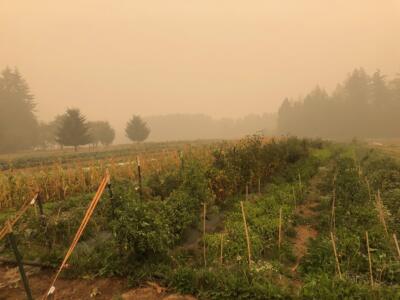
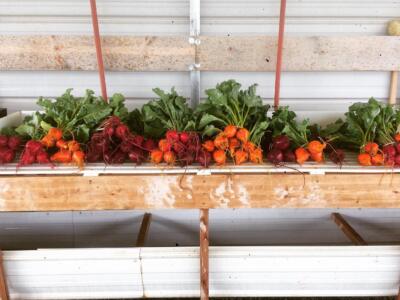 The first step toward promoting a healthier, more sustainable food system is ensuring federal and state governments support farm workers and local agricultural markets. Policymakers rely on researchers to demonstrate quantifiable issues within our food system and tangible opportunities to solve them. Only with this evidence, can advocates and policymakers demonstrate a critical need and rally support for meaningful policy development. Additionally, research can provide much needed technical and economic support for farmers to help improve their growing practices, increase yields, and make farming as profitable as it can be in light of the many barriers they face. In
The first step toward promoting a healthier, more sustainable food system is ensuring federal and state governments support farm workers and local agricultural markets. Policymakers rely on researchers to demonstrate quantifiable issues within our food system and tangible opportunities to solve them. Only with this evidence, can advocates and policymakers demonstrate a critical need and rally support for meaningful policy development. Additionally, research can provide much needed technical and economic support for farmers to help improve their growing practices, increase yields, and make farming as profitable as it can be in light of the many barriers they face. In 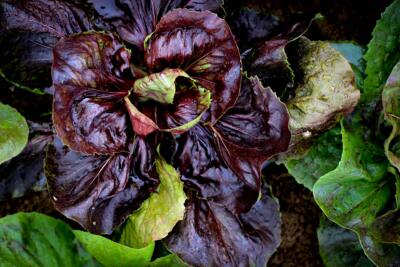 OFRF is also excited to be part of USDA’s
OFRF is also excited to be part of USDA’s 